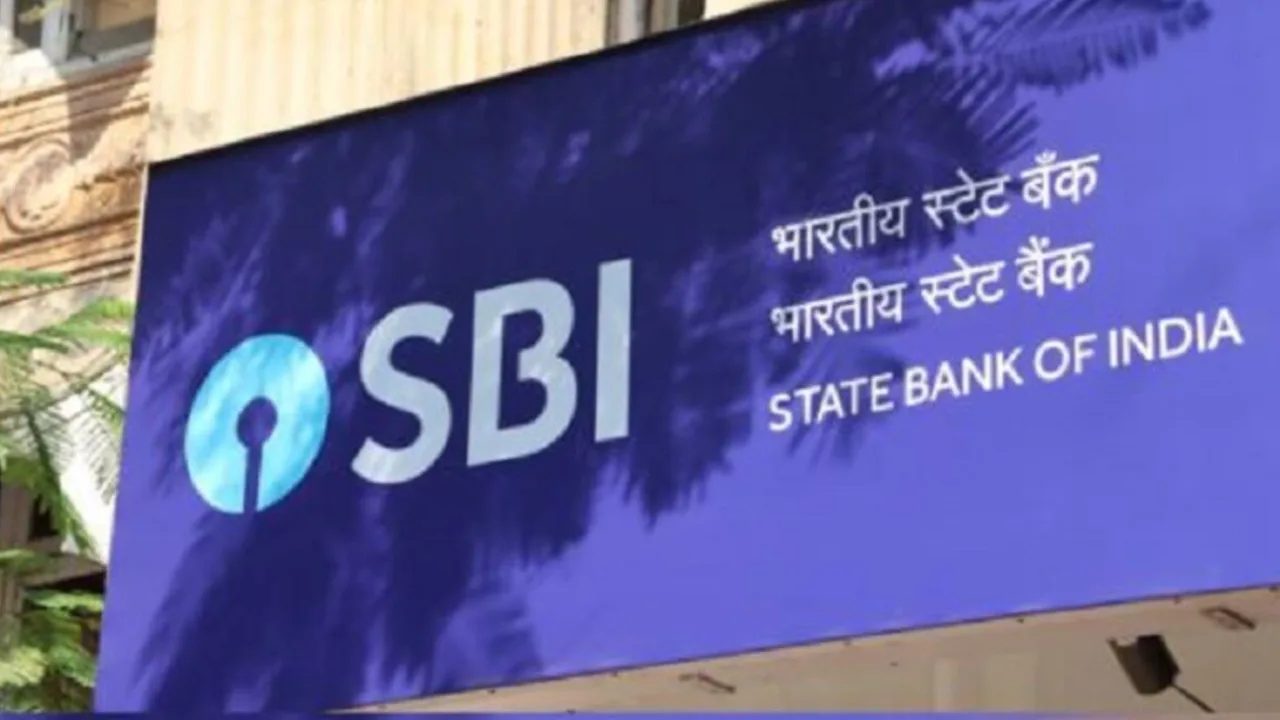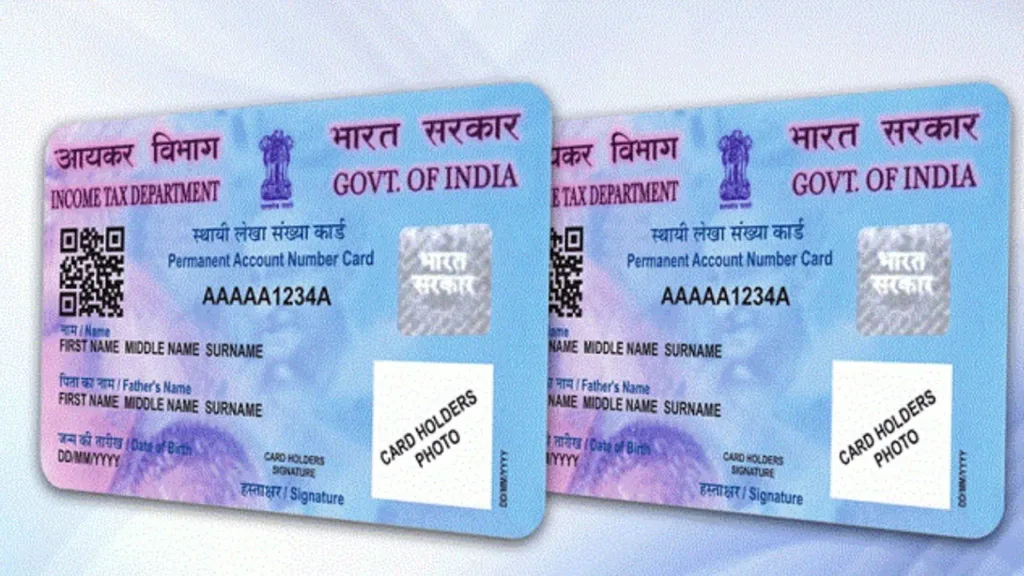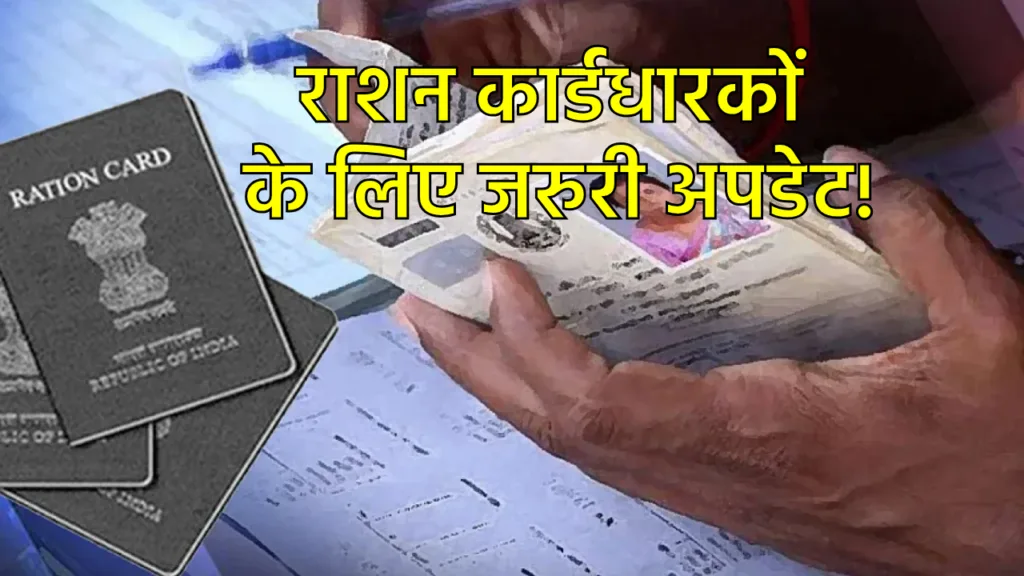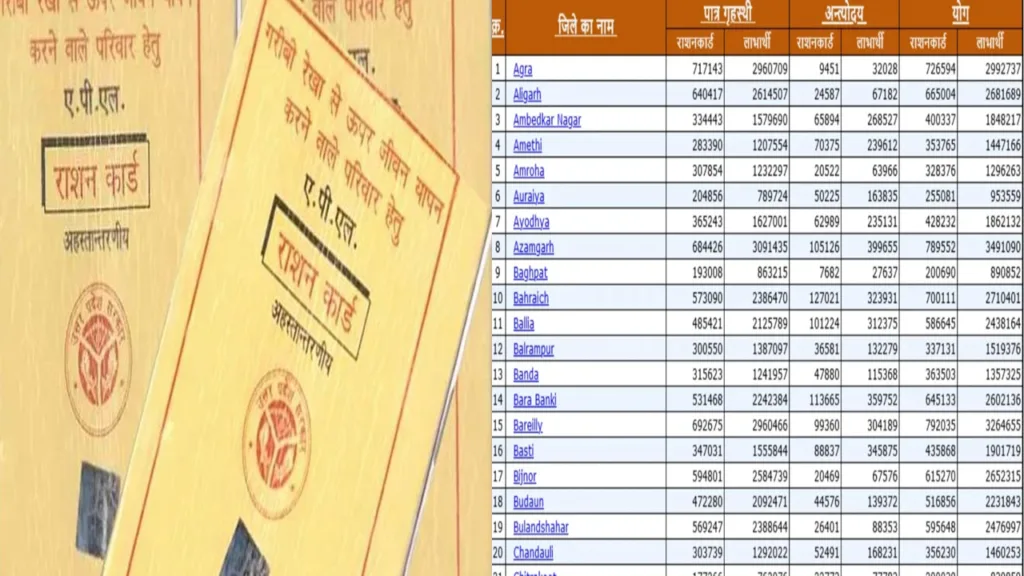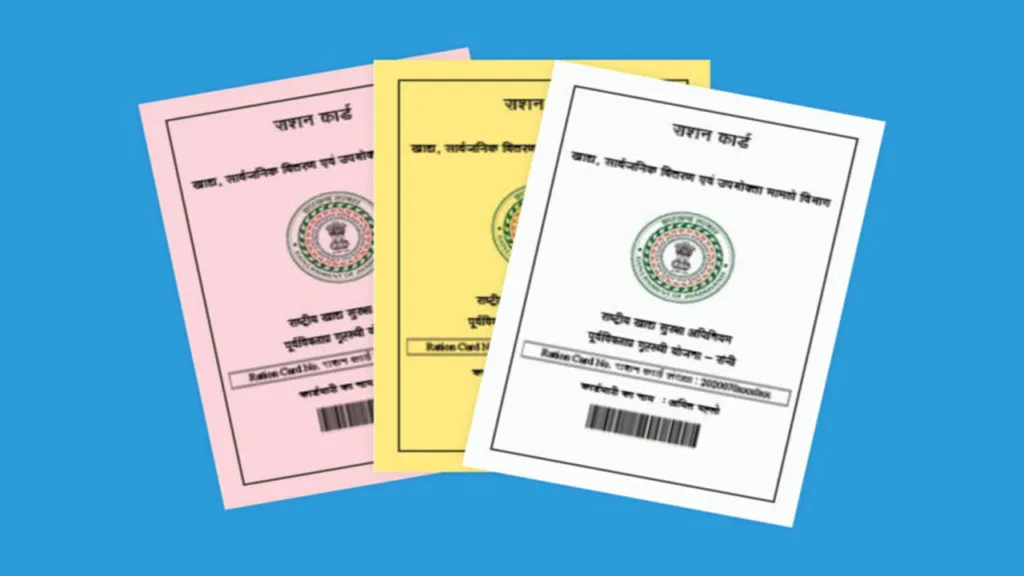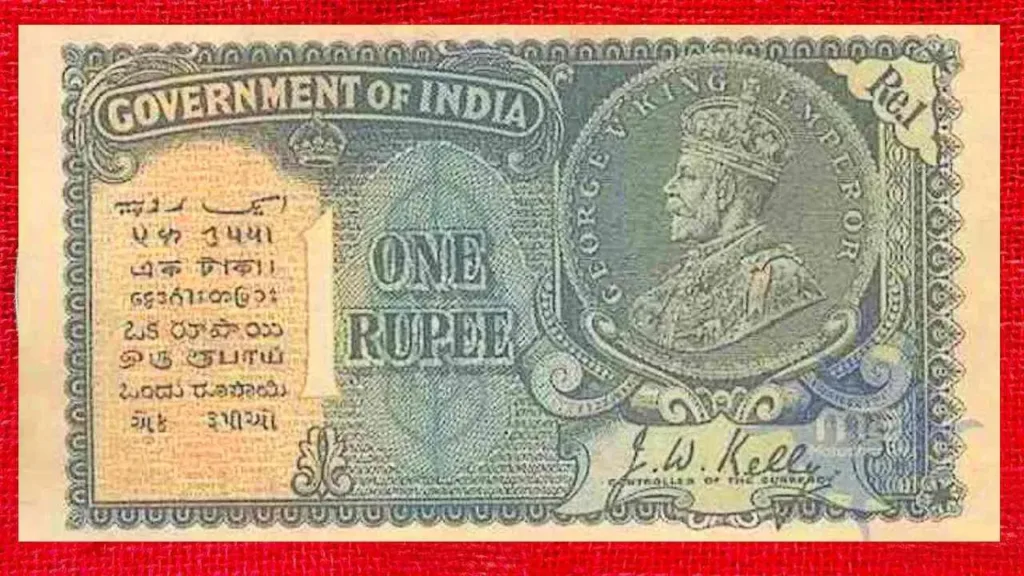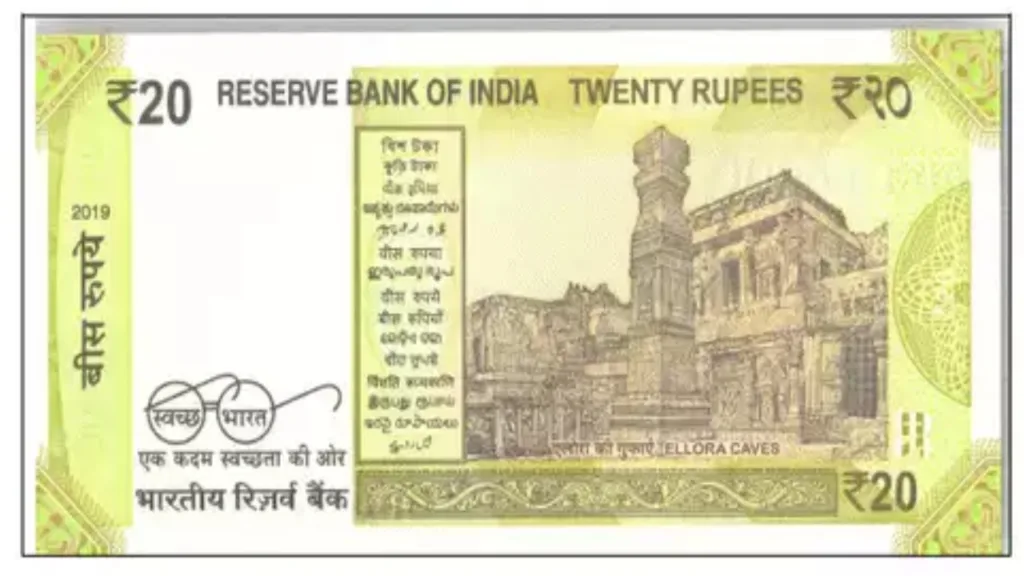In a significant development related to electoral bond transparency, the Supreme Court of India has issued a notice to the State Bank of India (SBI). This action stems from concerns regarding the non-disclosure of crucial bond numbers within the data previously submitted by SBI concerning electoral bonds.
Electoral Bonds: A Brief Recap
Electoral bonds were introduced in India in 2018 as a mechanism for anonymous political donations. Donors could purchase bearer bonds from designated SBI branches, and political parties could redeem these bonds for funds without disclosing the donor’s identity. However, this anonymity raised concerns about potential for undue influence by corporations or wealthy individuals on political parties.
Supreme Court’s Landmark Judgment and Disclosure Order
In February 2023, the Supreme Court, in a landmark judgment, declared the electoral bond scheme unconstitutional. The court cited the anonymity provision as a violation of the right to information enshrined in Article 19(1)(a) of the Indian Constitution. Furthermore, the court directed SBI to disclose all relevant details concerning electoral bonds, including the date of purchase, name of the purchaser, and the denomination.
Incomplete Disclosure: The SBI’s Role and Missing Bond Numbers
Following the Supreme Court’s order, SBI released data on entities that purchased electoral bonds since their inception in April 2019. However, a crucial piece of information was missing – the unique alphanumeric codes assigned to each electoral bond. These bond numbers are essential for tracing the flow of funds and identifying the recipients of donations.
Supreme Court’s Notice to SBI: Seeking Clarity and Ensuring Transparency
The Supreme Court, upon noticing the absence of bond numbers in the data provided by SBI, expressed its displeasure. The court emphasized that SBI is “duty-bound” to furnish these unique alphanumeric codes to the Election Commission of India (ECI). This information is crucial for matching each donation with the corresponding political party that redeemed the bond.
Implications of Incomplete Disclosure and the Road Ahead
The non-disclosure of electoral bond numbers hinders transparency and accountability in political funding. It raises concerns about the potential for anonymous donations to influence policy decisions and create an uneven playing field for political parties. The Supreme Court’s notice to SBI serves as a vital step towards ensuring complete transparency in electoral bond transactions.
Public Scrutiny and Potential Reforms
The ongoing saga of electoral bonds has placed political funding in India under increased public scrutiny. The Supreme Court’s intervention highlights the need for a more transparent and accountable system. This episode might pave the way for legislative reforms aimed at ensuring transparency in political donations while upholding the anonymity of donors, if deemed necessary.
Conclusion: A Call for Transparency in Political Funding
The Supreme Court’s notice to SBI regarding the non-disclosure of electoral bond numbers signifies a crucial step towards ensuring transparency in political funding. Withholding this information undermines accountability and raises concerns about potential manipulation. As the case progresses, it will be interesting to see how SBI responds and whether this episode leads to broader reforms in India’s political funding landscape.

